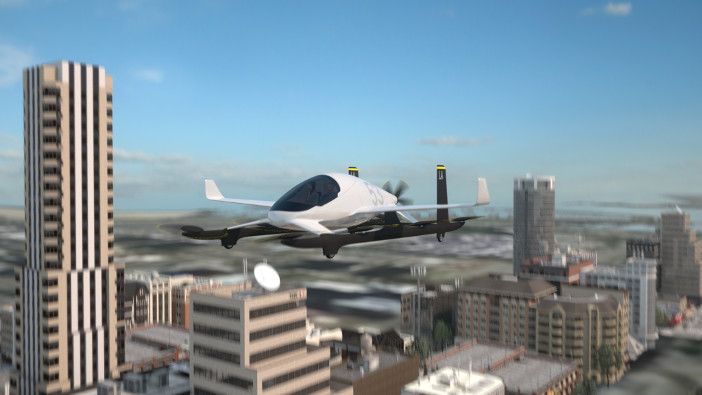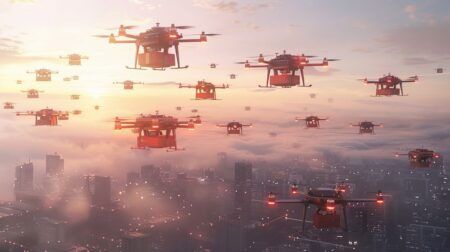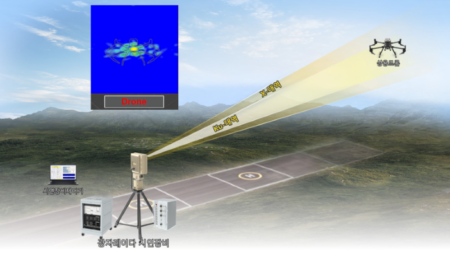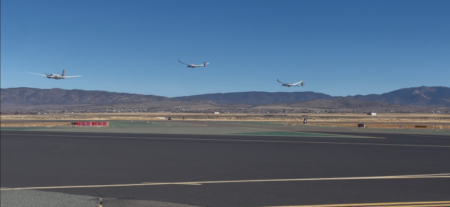Boeing is partnering with artificial intelligence company SparkCognition to develop an unmanned aircraft traffic management (UTM) system.
The US aircraft maker has also launched a development group called Boeing Next, which will aim to develop “future transport ecosystems” by running research projects, conducting experiments and working with commercial businesses and governments. R&D areas covered by Boeing Next will include autonomous flight and advanced propulsion and the modeling of smart cities.
Speaking at the Farnborough Airshow, Greg Hyslop, Boeing’s chief technology officer, said, “We’re starting to work on various flying vehicles to carry people and packages in a new era of transportation. But it needs more than just aircraft, there are a number of difficult problems to solve.”
Boeing initially invested in SparkCognition through its HorizonX venture capital arm in June 2017 to support the development of its data analytics platform. This latest investment and partnership in the machine learning and AI company will focus on air traffic management and the integration of autonomous drones into air spaces from a safety standpoint.
The UTM system being developed will track unmanned air vehicles in flight and allocate traffic corridors and routes for safe, secure transportation. It will also create a standardized programming interface to support package delivery, industrial inspection and other commercial applications.
Meanwhile, Boeing Next’s R&D projects will use air vehicles developed by Boeing company Aurora Flight Sciences, such as its Orion eVTOL. Hyslop said, “We have timelines we are working to. We want to bring these vehicles to life in the next few years in a safe and limited fashion.
“The introduction won’t be ubiquitous overnight. Public acceptance is in the forefront of our minds as we develop it, that is what is motivating us to certify systems.”
Boeing Next will be led by Steve Nordlund, vice president of HorizonX. HorizonX will continue to work with the companies it has already invested in.
Nordlund said, “We truly believe an ecosystem is needed and that will require partnerships. We want to be able to click on an icon and our transportation route is optimized for you. This means new apps and new vehicles.
“We will be enhancing and leveraging our modeling and simulation capabilities to model these systems and vehicles.”
Hyslop added, “There is an emerging large market for commercial autonomous systems, which will have new modes of transportation and infrastructure. Boeing Next will get us ready for this and one day it may stand up on its own or be integrated into one of our other businesses.”





